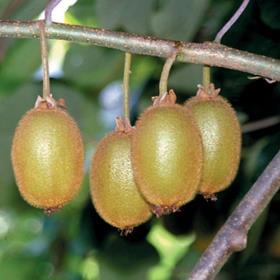
As part of the goals of France's Grenelle de l'Environnement policy, the government has launched a new project to help inform consumers on the environmental impact of products in order to help them make better purchasing decisions based on sustainability.
The project involves around 160 companies from various market segments, with Prim'land and Pomona TerreAzur joining forces to offer their experience on kiwifruit.
For the 'food' sub-group, to which kiwifruit belongs, studies looked at climate change, water impact (particularly water consumed) and biodiversity, and Prim'land announced the first results this week.
According to the marketer, the kiwifruit's effect on climate change was recorded at 0.082kg of CO2 equivalent – comparable to 32 seconds' drive in town.
Its impact on water stood at 5.1 litres, the equivalent of 12 seconds spent in the shower.
Meanwhile, its effect on biodiversity was calculated as 0.112m2 in urban areas, equal to two sheets of A4 paper.
According to Prim'land, these results place kiwifruit far above most varieties of fruit anad vegetables in terms of its environmental friendliness, with the average item standing at 50g-100g of CO2 equivalent (excluding products grown in heated greenhouses, which use a much higher 400g) and an average of 12 litres of water used.



